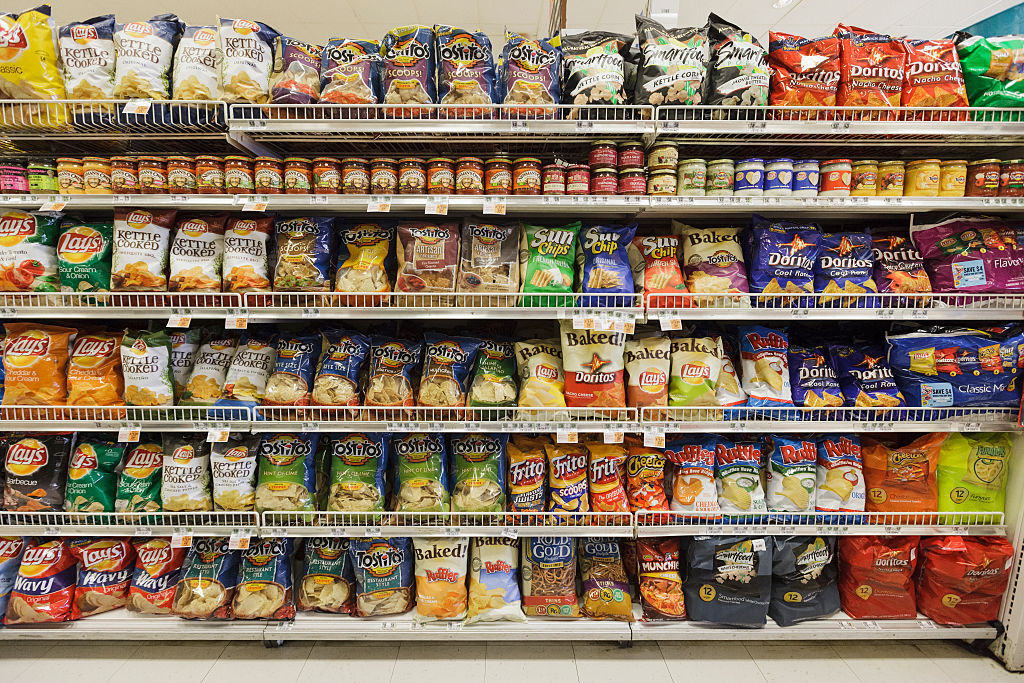More older adults in the United States have become addicted to processed food, according to a recent University of Michigan poll.
The school’s National Poll on Health Aging presented alarming findings in its January-February 2023 issue, saying that based on the latest data, 1 in 8 adults over the age of 50 manifest signs of addiction to food.
Symptoms of food addiction include intense cravings, loss of control over food consumption and withdrawal signs when not given food, such as irritability, difficulty concentrating and headaches.
The university analyzed data collected in July 2022 from a national sample of adults aged 50 to 80. The participants were asked about their consumption of highly processed food and the symptoms related to their physical and mental health, as well as their feelings of social isolation.
The authors of the report found that about 13% of older adults showed signs of addiction to unhealthy food — also referred to by many as comfort food, junk food, processed food, or empty calories — in the past year.
Nearly half or 44% of older adults had at least one symptom of food addiction. Among the common symptoms of the condition, intense cravings were the most common among the participants at 24%.
One in eight responders admitted that their eating habits gave them a lot of distress at least 2-3 times a week. Meanwhile, 9% said their intake of junk food caused significant problems at least 2-3 times a week.
The report also found that food addiction affected more women than men in their 50s up to early 60s. Those who admitted to being addicted to processed food were overweight, lonely and had poor physical and mental health.
“The word addiction may seem strong when it comes to food, but research has shown that our brains respond as strongly to highly processed foods, especially those highest in sugar, simple starches, and fat, as they do to tobacco, alcohol and other addictive substances,” U-M psychologist Ashley Gearhardt, Ph.D., said, as quoted by EurekAlert.
The member of U-M’s Institute for Healthcare Policy and Innovation who co-developed the questionnaire in the pool continued, “Just as with smoking or drinking, we need to identify and reach out to those who have entered unhealthy patterns of use and support them in developing a healthier relationship with food.”














